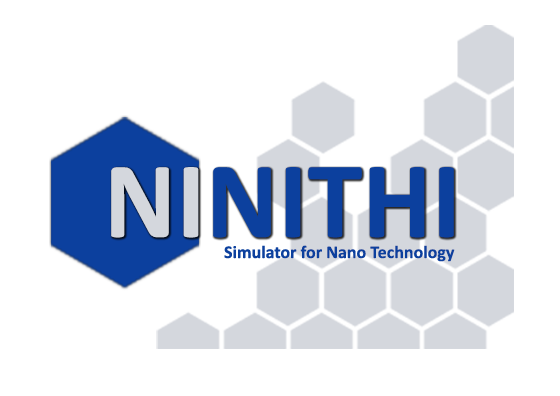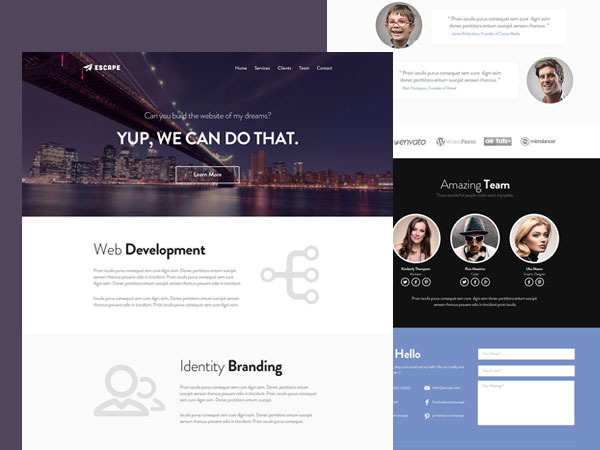Apache Axis2

SOAP is an industry-standard XML-based communication Protocol for communicating between applications. The Apache Axis Java project developed the most widely recognized and used, open source Java SOAP implementation. A new architecture for Axis2 was introduced during the August 2004 Summit in Colombo, Sri Lanka. The new architecture on which Axis2 is based on, is more flexible, efficient and configurable in comparison to Axis1.x architecture. Some well established concepts from Axis 1.x, like handlers etc., have been preserved in the new architecture.
Apache Axis2 not only supports SOAP 1.1 and SOAP 1.2, but it has also integrated support for the widely popular REST style of Web services. The same business logic implementation can offer both a WS-* style interface as well as a REST/POX style interface simultaneously.
Apache Axis2 is more efficient, more modular and more XML-oriented than the older version. It is carefully designed to support the easy addition of plug-in “modules” that extend their functionality for features such as security and reliability.
Sahana

Sahana Agasti is a Free and Open Source Disaster Management system that was developed in the wake of the Asian Tsunami of December 2004. It is a web based collaboration tool that addresses the common coordination problems during a disaster including locating missing people, managing aid, managing volunteers, and tracking camps effectively between Government groups, the civil society (NGOs) and the victims themselves.
Sahana was first developed by the Lanka Software Foundation in collaboration with the global disaster management community and was later handed over to the Sahana Software Foundation (SSF). The SSF went on to create Sahana EDEN, a Python-based version of the original Sahana PHP project. Sahana EDEN has become the most popular open source information management for disaster management and humanitarian aid agencies.
The Mission of the Sahana Software Foundation is to help alleviate human suffering by giving emergency managers, disaster response professionals and communities access to the information that they require to be better prepared for and respond more quickly to disasters through the development and promotion of free and open source software and open standards.
Apache Axis C++

SOAP is an industry-standard XML-based communication Protocol for communicating between applications. LSF in its pioneering project, initiated an effort to develop a C++ SOAP implementation for Apache. Axis C/C++ (Axis CPP) is a non-Java implementation of Axis. At its core Axis CPP has a C++ runtime engine.
The tooling provided allows you to create C++ client-side stubs and server-side skeletons. The server skeletons can be deployed to either a full Apache web server using the supplied apache module or a “simple_axis_server” – which is a simple HTTP listener (designed to help you test your services).
Ninithi

Ninithi is a free and opensource software developed to visualize and analyze the carbon allotropes used in nanotechnology.Ninithi can be used to visualize Carbon nanotubes, Graphene/ nanoribbons and Fullerene and to plot the band structures of Graphene and Carbon nanotubes. The software is licensed under the GNU Public Licence version 3.
The objective is to develop an open source modelling and simulation software that helps nano scientists, students and lecturers with their research.
Dalesa

Dalesa is a Free and Open Source Peer-to-Peer web caching software licensed under GPL-2 that will improve web performance in your local area network. Dalesa brings cooperative web caching based on peer-to-peer computing to your desktop. Nodes participating in the network will expose their web caches to the entire system through peer-to-peer web object (document) lookup algorithms.
This project focuses on using various group communication technologies such as distributed hash tables and IP multicasting to implement robust document lookup techniques. The system provides a proxy interface and an API for browsers and other potential user agents. User agents such as web browsers can embed the peer-to-peer lookup algorithm by using the API. However, when changes to the code of the user agent is not allowed or inconvenient the http proxy can be used.




